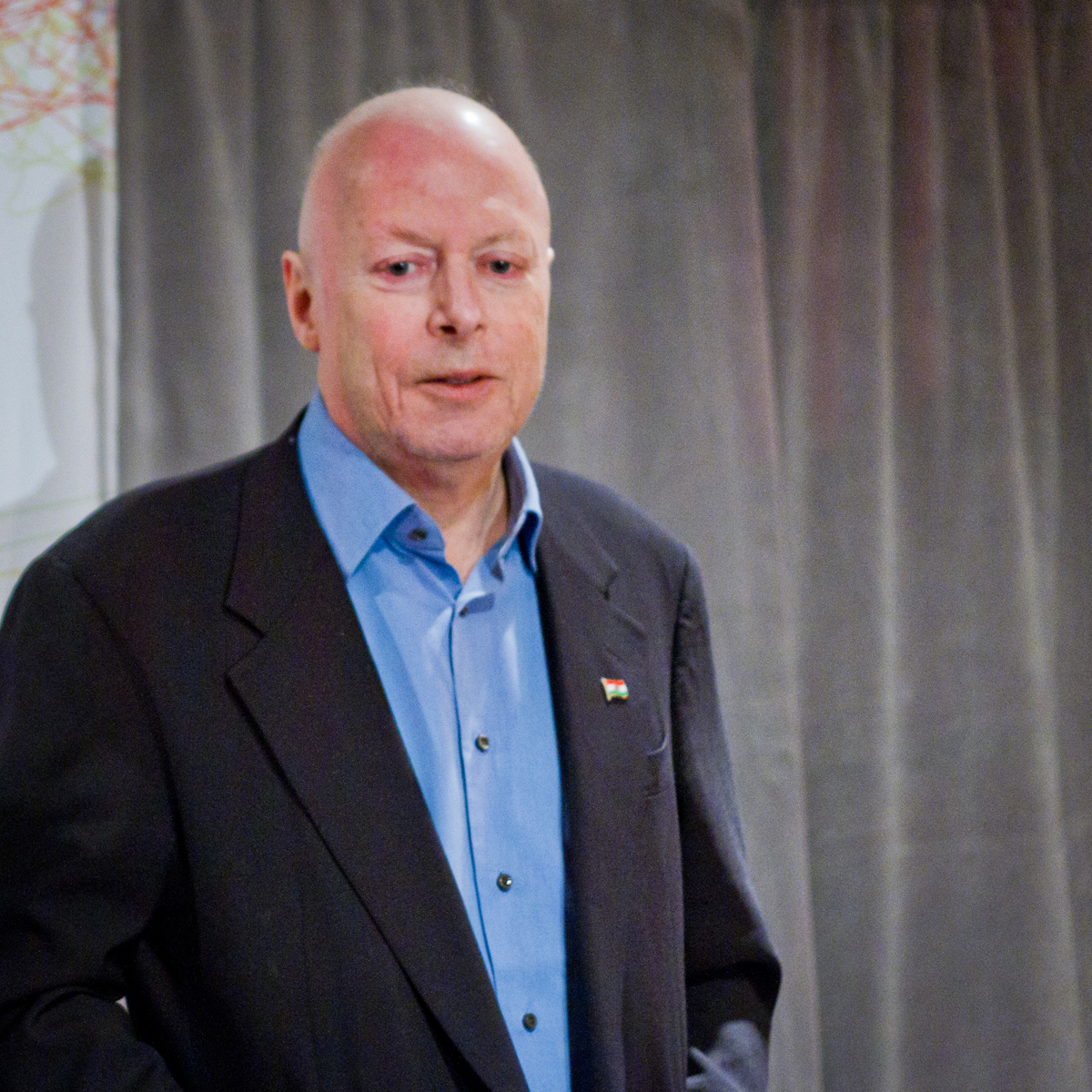Story by Jacob O’Gara
Photo Courtesy of Andrew Rusk
Christopher Hitchens, the English-born journalist, essayist, and critic who had earned many enemies during his life but many more friends, died on the night of December 15 in the MD Anderson Cancer Center in Houston, Texas. He had been diagnosed with esophageal cancer in June of last year as he was just starting the book tour of his memoir, Hitch-22, and his death, at age sixty-two, was the result of pneumonic complications of that cancer. A lot of people have written a lot of words in a lot of places about Hitchens and his newly ended life, and many of them are incredibly lovely and moving, but one wishes that we still had Christopher Hitchens around to at least write the definitive obituary of Christopher Hitchens.
As it is with each and every one of us, Hitchens was going to “pass away” sooner or later, and when the announcement was made that he had cancer (or that cancer had him), it became painfully clear that he was going to die sooner than later. I guess I thought he, and we, had more time. To echo a phrase from his 2007 assessment of Jerry Falwell, the hateful old wart who evangelized ignorance and bigotry, it’s a shame that there isn’t a heaven for Hitchens to go to; he, the author of God Is Not Great, would keep the Almighty on His toes.
That column on Falwell, an “anti-obituary” of sorts, was my proper introduction to Hitchens and his work. I had been a reader of Slate since the days when it was a sub-site of MSN.com and the name was set in—God forbid—the Papyrus font. I’d seen Hitchens’s byline a number of times but never really clicked until Slate published his column on Falwell and his “passing.” I was hooked the moment I read that first sentence in, appropriately, my high school newspaper class: “The discovery of the carcass of Jerry Falwell on the floor of an obscure office in Virginia…” That electrically offensive word choice—“carcass” instead of something boring like “body”—demonstrated to me in an instant the beautiful power of words. It’d be only slightly glib to say that reading that article, hell, reading that sentence, that word, was the most important moment of my high school years. I’d always wanted to be someone who wrote for a living, but after encountering Hitchens, I knew I wanted to be a writer.
The difference, I suppose, between a writer and someone who writes for a living is that someone who writes for a living could do something else; a writer can’t. For a writer, life is writing plus nothing, or writing plus anything that helps the process. During an interview with Charlie Rose, Hitchens summed it up: “Writing is what’s important to me, and anything that helps me do that—or enhances and prolongs and deepens and sometimes intensifies argument and conversation—is worth it to me.” For Hitchens, “anything” was booze and cigarettes, which very probably killed him. In this way, writing killed Christopher Hitchens. His art was his muse, and after he gave it everything it and he needed, it consumed him.
Before he died, he wrote a series of brilliant and heartbreaking columns for Vanity Fair about his life post-cancer diagnosis. In the first essay of the series, he described his use of potentially (and eventually) deadly vices as “knowingly burning the candle at both ends and finding that it often gives a lovely light.” Indeed, and the difference between a lit candle and a house fire is a mere matter of volume.
When I learned that Hitchens had died, I experienced something like the five stages of grief in five seconds, something I’m not entirely comfortable about. Yes, Hitchens was my favorite writer and, I sheepishly admit, my idol (I’d called him my role model, but his repeated statements about the stupidity of the idea of a “role model” have dissuaded me from using the words), but I never met the man. Perhaps, though, that was the source of my anger: he croaked before I had the chance to meet him or see him speak, goddamn it.
Fortunately, he left behind millions of words—spread across hundreds of essays, over a dozen books and monographs, and numerous televised appearances—for us to read and reread. In this constellations of words, like the star dust that diffused across the universe after the Big Bang and forms the core of each of us, is Hitchens. And until the monstrous vacuum from which the universe escaped comes, billions of years from now, to reclaim its jurisdiction and everything in it, Hitchens will remain, continuing on as he did before: alive, among words.
Categories:
He Lived
December 26, 2011
0
Donate to Ethos
Your donation will support the student journalists of University of Oregon - Ethos. Your contribution will allow us to purchase equipment and cover our annual website hosting costs.








